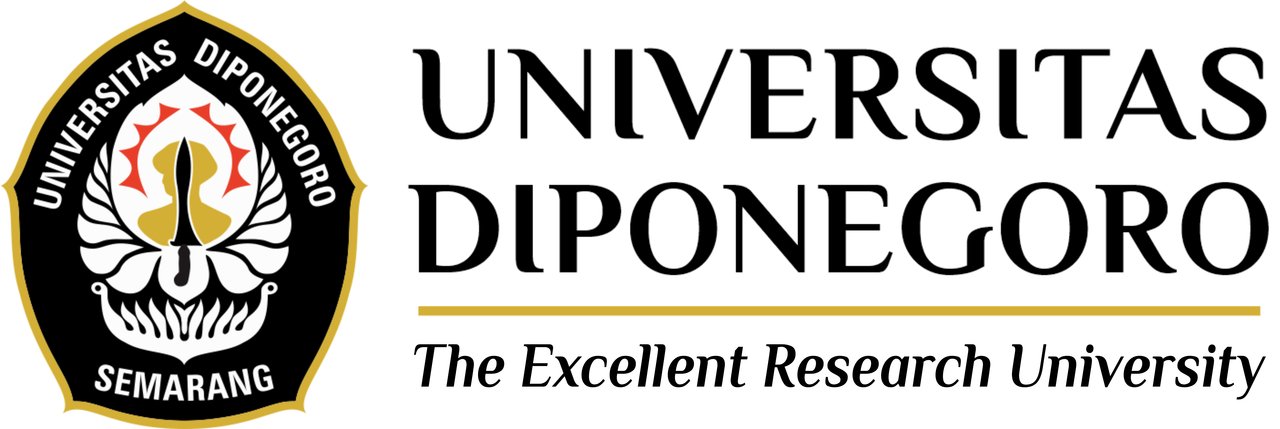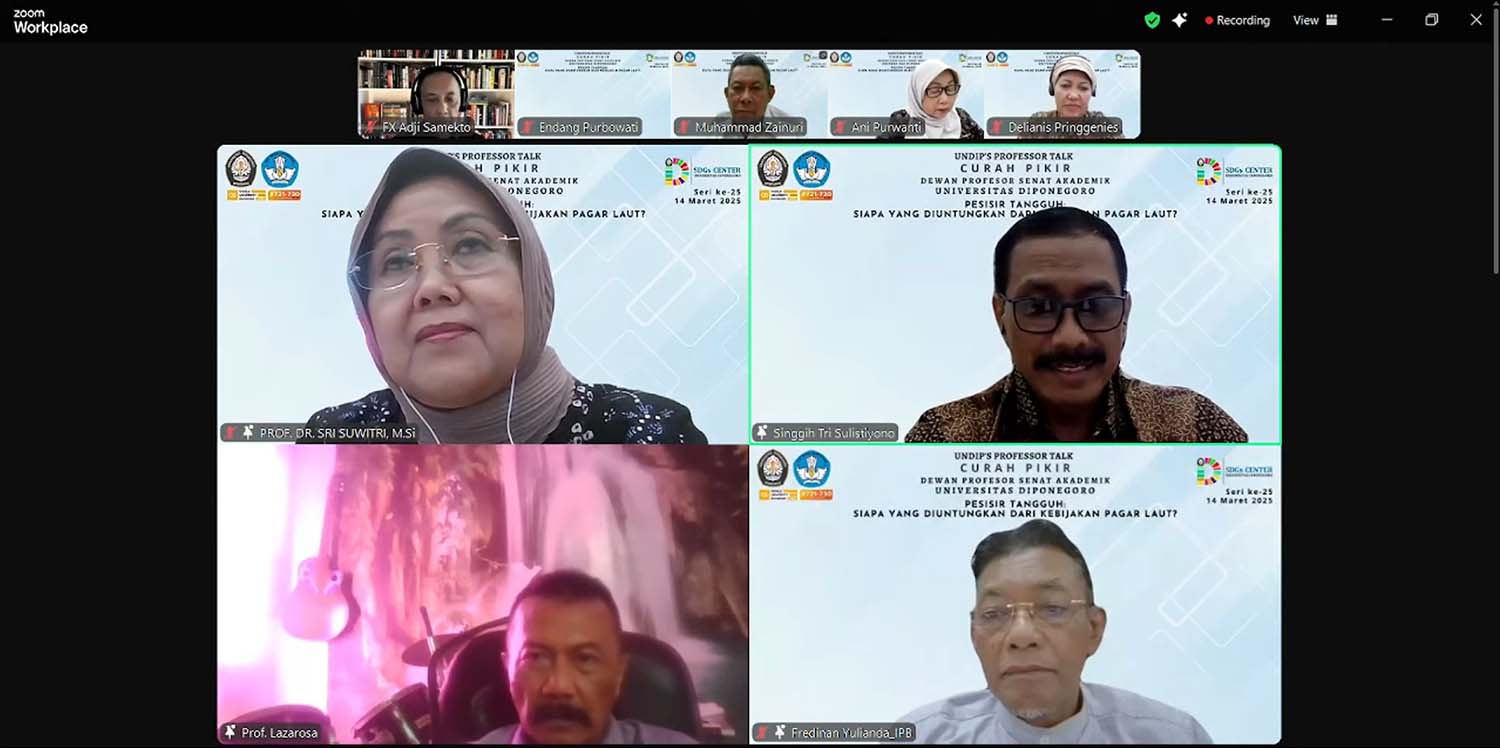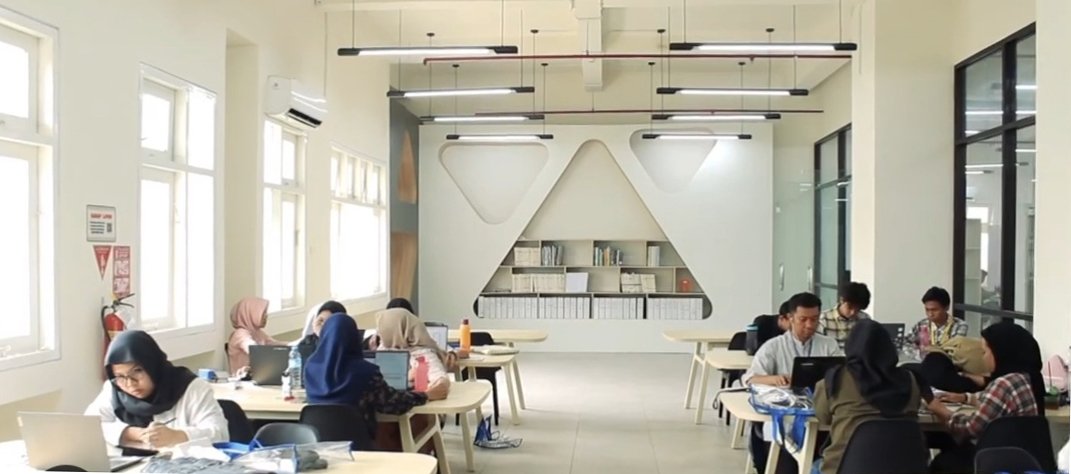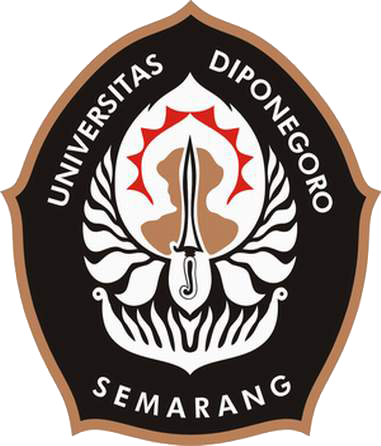UNDIP, Semarang (March 19) – The Board of Professors of the Academic Senate of Universitas Diponegoro (UNDIP) successfully held the UNDIP’s Professor Talk webinar titled “Resilient Coastal Areas: Who Benefits from the Sea Wall Policy?” on Friday, March 14, 2025, at 1:00 PM. The event was conducted online via Zoom and streamed live on UNDIPTV’s official YouTube channel.
The Chair of the UNDIP Board of Professors, Prof. Dr. Ir. Purwanto, DEA, officially opened the webinar. In his remarks, Prof. Purwanto emphasized that Indonesia needs resilient coastal areas to face the increasing disasters experienced by coastal communities—such as in Sayung District, Demak, where villages and rice fields have been submerged due to rising sea levels. This problem requires serious attention from experts to formulate comprehensive solutions.
One of the hotly debated issues is the construction of sea walls. While sea walls are intended to protect coastal areas from erosion, they can also cause environmental impacts such as sedimentation and reduced access for fishermen. “It is important to discuss this issue in academic forums like webinars, which can spark further discussion and in-depth research involving legal, policy, environmental, social, and economic perspectives so that the benefits truly reach the community,” Prof. Purwanto explained.
Chair of Commission A of the UNDIP Board of Professors, Prof. Dr. Ir. Delianis Pringgenies, M.Sc., stated that managing Indonesia’s coastal areas in the face of future challenges requires proper handling from ecological, economic, legal, and socio-cultural aspects. The sea wall, as a form of policy intervention, is currently a subject of debate and requires in-depth study from multiple perspectives. “Experts from various disciplines have been invited to discuss this issue comprehensively and to find solutions,” Prof. Delianis said.
Moderated by Prof. Dr. Dra. Sri Suwitri, M.Si. (Professor of Social and Political Sciences, UNDIP), the webinar featured three keynote speakers: Prof. Dr. Drs. Singgih Tri Sulistiyono, M.Hum., Professor of the Faculty of Humanities, UNDIP; Prof. Dr. Lazarus Tri Setyawanta Rebala, S.H., M.Hum., Professor and Lecturer of International Law, Faculty of Law, UNDIP; and Prof. Dr. Ir. Fredinan Yulianda, M.Sc., Professor and Dean of the Faculty of Fisheries and Marine Sciences, Institut Pertanian Bogor.
In the first presentation, titled “The Commodification of Banten’s Coastal Space: Revisiting the Spirit of the Constitution and the Djuanda Declaration,” Prof. Singgih explained that the commodification of coastal areas in Banten has created a striking imbalance. The practice of constructing sea fences and privatizing the coastline contradicts Article 33 of the 1945 Constitution and neglects the principles of the 1957 Djuanda Declaration. Several policy measures are necessary to address the issues surrounding sea fencing, including policy reform to ensure equitable coastal regulations, law enforcement against harmful privatization, empowerment of fishing communities, protection of maritime sovereignty, and raising public awareness about the coastal rights of communities.
The second speaker, Prof. Lazarus, delivered a presentation on “The Dilemma of Sea Fence Policy in Coastal Areas: A Delusive Solution?”. He explained that the term “sea fence” in coastal regions poses legal and environmental dilemmas. This term does not fall under the category of maritime structures or installations as defined in existing regulations. One of the proposed solutions for creating resilient coastlines is the construction of a Giant Seawall, as implemented in countries like Japan, Korea, Canada, India, and the Netherlands. While such projects may benefit many stakeholders, they often harm coastal environments, as economic interests tend to outweigh ecological sustainability.
The third speaker, Prof. Fredinan, presented material on “The Impact of Sea Fences on the Balance of Fisheries and Marine Resources in Tangerang.” He emphasized that marine productivity is highly dependent on coastal conditions. If the coast is degraded, the ocean will also suffer, leading to a decline in fish populations and negatively affecting communities, including changes in fishermen’s livelihoods and a drop in local economic income. The sea fences, which have recently gone viral, are being built in areas with rich marine ecosystems, thereby harming the livelihoods of fishermen.
During the webinar discussion, participants actively engaged with the speakers, discussing the sea fence policy from social, economic, and environmental perspectives. The involvement of academics and relevant stakeholders is crucial in resolving issues related to coastal area management. Government support for environmental preservation is highly expected. Authorities must act swiftly to resolve the current controversy to prevent negative social and environmental impacts and to ensure the welfare and sustainability of coastal communities in the use and management of marine space.
At the end of the event, certificates of appreciation were awarded to the speakers and moderator. The UNDIP Board of Professors will actively follow up by formulating strategic recommendations or policy briefs based on the insights from this webinar. These efforts are expected to serve as a meaningful contribution from academia in helping to address the challenges faced by society and the nation today.





